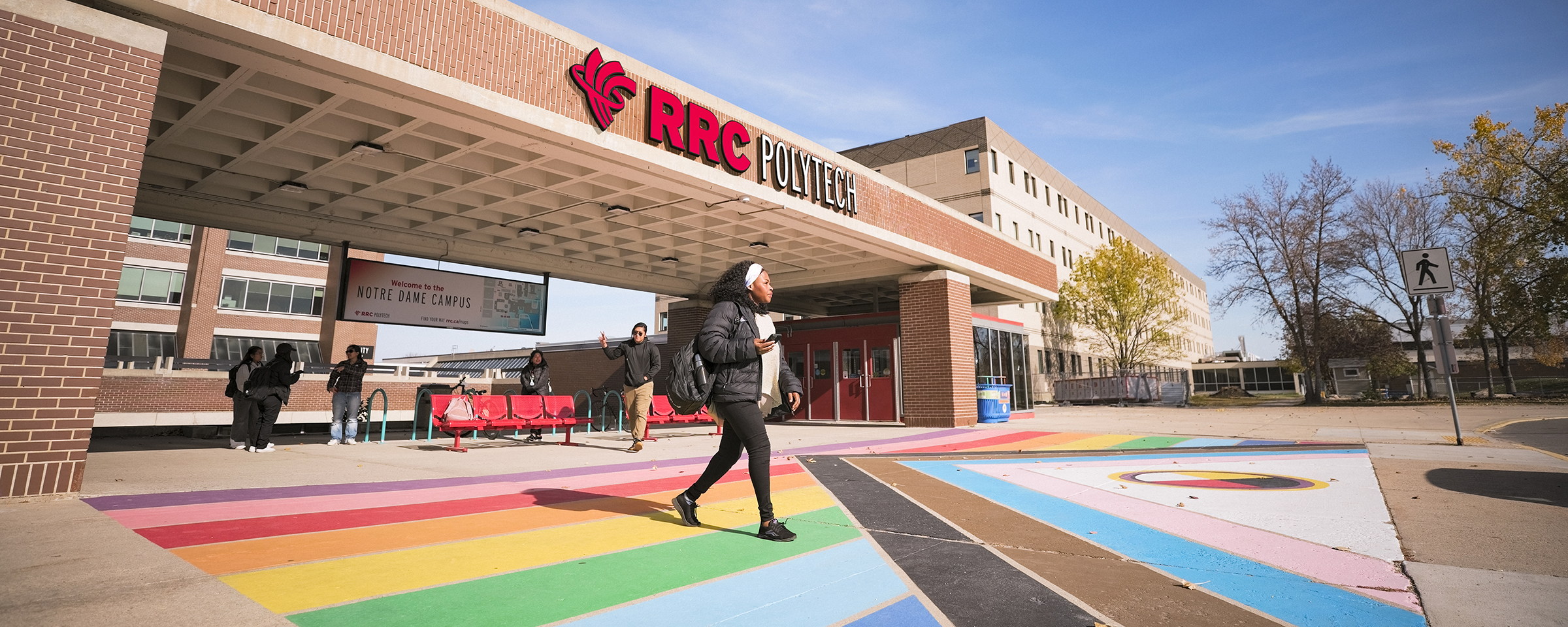Ongoing research in early child development earns inaugural national award
 What began as a Red River College research project to bridge the knowledge gap in early child development — and to create educational resources to support frontline workers — has received a prestigious national award recognizing its global impact.
What began as a Red River College research project to bridge the knowledge gap in early child development — and to create educational resources to support frontline workers — has received a prestigious national award recognizing its global impact.
It was announced this week the College’s Science of Early Child Development resource is the inaugural recipient of the Canadian Association of Research Administrators’ (CARA) Public Engagement and Advocacy Award, which recognizes an individual, institution, team or project that established and maintained public engagement with research though an innovative approach.
“This award is particularly exciting as our primary goal in developing SECD is to make the rapidly expanding science engaging and accessible to those who make a real difference in children’s lives,” says Jan Sanderson, research chair at RRC’s School of Health Sciences and Community Services.
“Our team has had the opportunity to work with many amazing committed partners around the world who are now using SECD to develop the next generation of champions for young children.”
As part of their work, RRC researchers were able to point to significant and emerging scientific evidence that spoke to the benefits of creating experiences that would support brain development in children, starting in prenatal and carrying on into the first years of a child’s life.
Prior to the work undertaken at the College, this emerging knowledge was not being widely disseminated to caregivers and frontline workers, especially in remote and low-income regions around the world.
It’s this evidence — and lack of resources — that was the driving force behind SECD, which CARA selected for the award because of its tailor-made approach to addressing critical issues around early childhood development. Read More →









